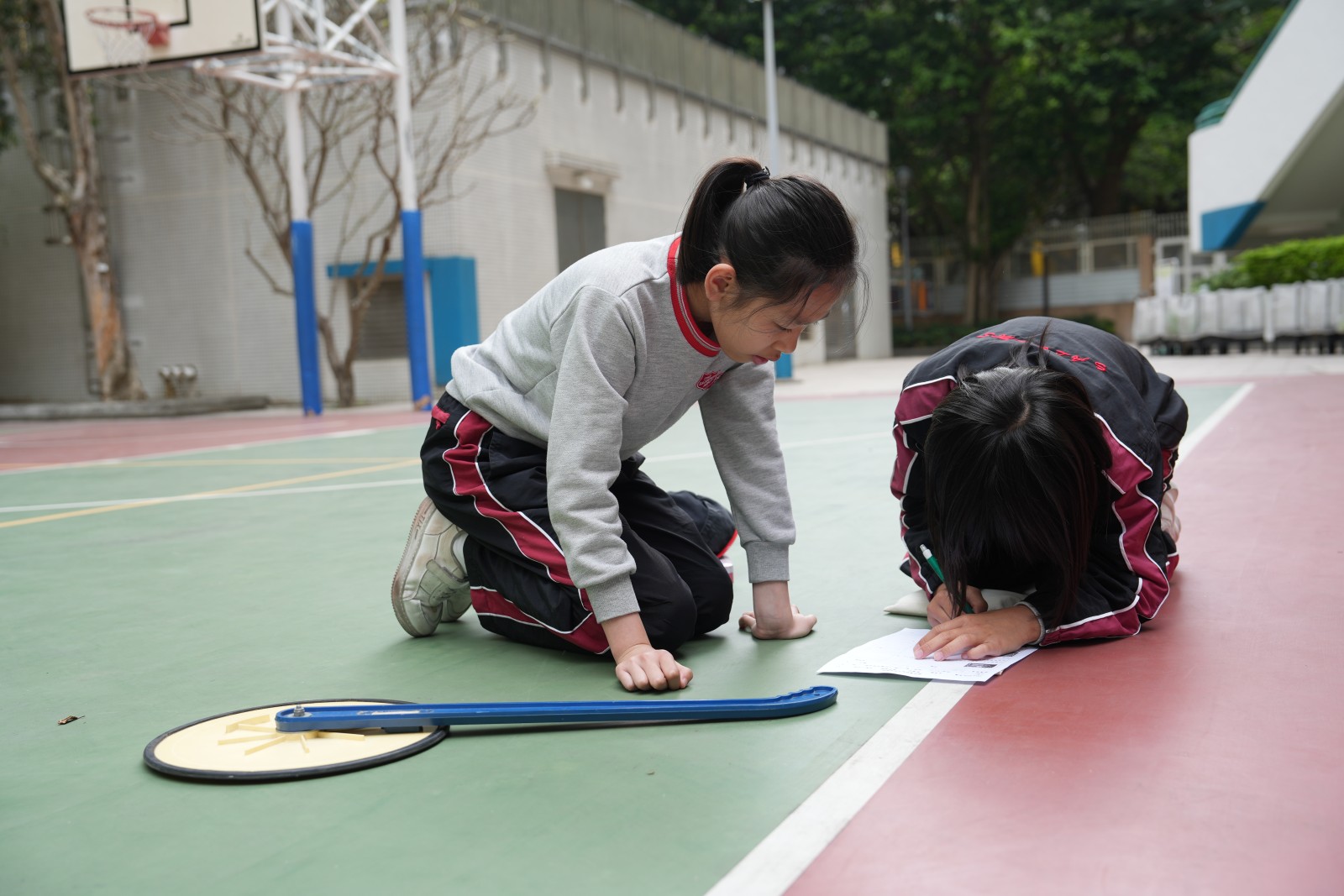| Objectives of the Mathematics Curriculum |
| 1. Enhance Student Interest: Foster a genuine interest in learning mathematics among students. |
| 2. Inquiry-Based Learning: Utilize exploratory activities to guide students in discovering and mastering mathematical concepts and fundamental computational skills. |
| 3. Knowledge Application: Train students to apply their constructed mathematical knowledge and computational techniques to create new mathematical insights using concrete scientific reasoning methods. |
| 4. Creative Thinking and Problem-Solving: Develop students' creative thinking skills and problem-solving strategies, encouraging them to confidently tackle and challenge various mathematical problems. |
| 5. Logical Reasoning Development: Cultivate students' mathematical logical reasoning, enabling them to use mathematics as a tool for communication and to resolve everyday life challenges.。 |
| 6. Encourage Self-Directed Learning: Instill the habit of self-learning in students, ensuring the continuity and deepening of their mathematical knowledge. |
| Features of the School-Based Curriculum |
|
1. Self-Directed Learning To cultivate students' ability to learn independently, we arrange for students to complete preparatory work that builds on existing knowledge and reinforces learning. This includes utilizing tools such as Google Forms, Nearpod, and preparatory worksheets. Students report their findings during class, fostering their communication skills and confidence. Additionally, students regularly complete the online "Daily Ten Questions" to practice and consolidate their understanding. |
|
2. Learning Diversity Recognizing that each student is unique with varying abilities and preferences, we implement heterogeneous group learning at the classroom level. This approach enhances collaboration, communication, critical thinking, computation, and problem-solving skills. Teachers design instructional activities tailored to different learning areas (such as geometry and measurement), incorporating hands-on experiences and exploratory learning, often supplemented with digital learning elements to enhance engagement and interaction among students and between students and teachers. |
|
3. Addressing Learning Differences To accommodate diverse learning needs, we adapt assignments appropriately. For example, practice books for Grades 2 to 6 are designed in a tiered format, providing step-by-step support for problem-solving. Worksheets include example videos and thoughtful questions featuring various problem-solving strategies. Additionally, our problem-solving booklets aim to develop students' higher-order and logical thinking skills. |
|
4. Learning Through Reading To foster students' interest in mathematics and enhance their reading abilities, we offer supplementary reading booklets that provide online resources and mathematical texts. This allows students to expand their knowledge beyond the textbook and broaden their horizons through extracurricular reading. |
|
5. Transition to Secondary Education To facilitate Grade 6 students' adaptation to secondary school curricula, higher-grade assignments incorporate elements of English instruction (supporting notes with English vocabulary) and include English-language questions in both A and B level workbooks. Under teacher guidance, students explore English questions and master answering techniques to assist in their future transition to secondary education. |
|
6. Assessment Policy In addition to three annual assessments (with the first assessment for Grade 1 being a diversified evaluation that is not paper-based), students complete two stage assessments and one practical evaluation each year. In the practical evaluation, teachers provide written feedback to support student growth. |
School-Based Activities
Our annual Mathematics Week provides students with the opportunity to step outside the classroom and engage in a variety of activities, including mathematics booths, math trails, a reading reward program, and a three-dimensional model design competition. These activities not only enhance students' interest in mathematics but also enrich their overall learning experiences.
After-School Training:
Mathematics Olympiad Team After-School Consolidation Classes
2023 - 2024 Mathematics Week Video Highlights
2022 - 2023 Mathematics Week Video Highlights
2023 - 2024 Mathematics External Competition Awards
2022 - 2023 Mathematics External Competition Awards


